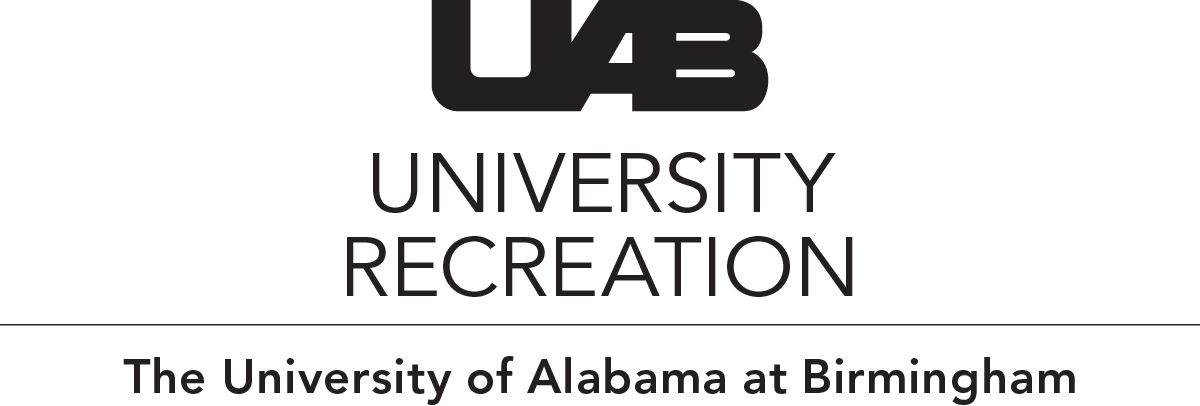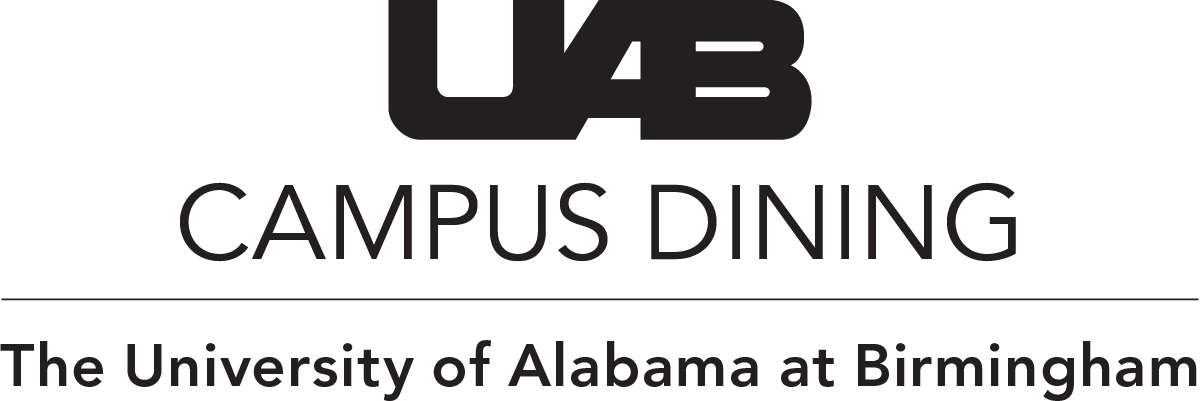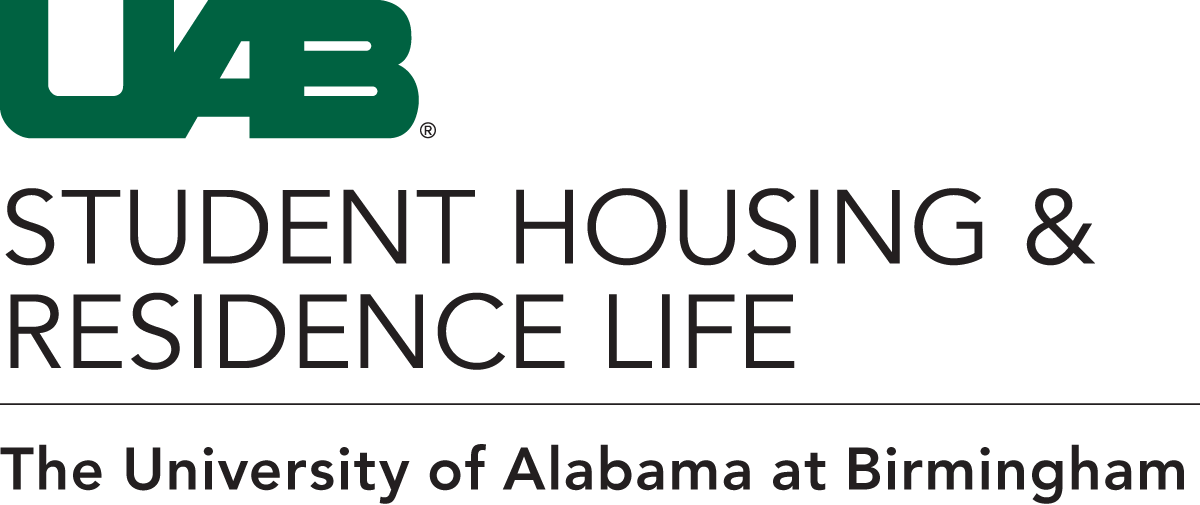Theme: Fostering a Sense of Belonging Through a Focus on Sustainability
Date: Thursday, May 16, 2024
Hosted by the UAB Student Affairs Professional Development Committee, this conference explores the connection between sustainability and community belonging. It will feature interactive sessions led by peers in the Division of Student Affairs and guest panelists Bambi Ingram (Manager of Sustainability) and Angela Stowe (Director of Student Counseling Services). The conference also includes a panel discussion during lunch, focusing on sustainable practices in everyday operations and strategies to foster a sense of belonging.
More One Day Conference Information:
Theme: Fostering a Sense of Belonging Through a Focus on Sustainability
Date / Time /Location: Thursday, May 16, 2024 | 8:30 AM to 3:45 PM | Hill Student Center, 1400 University Blvd., Birmingham, AL 35233
Note: Breakfast and lunch will be provided.
Proposal Application: Here
Register Here: One Day Conference Registration Form

Conference Details
-
Conference
Thursday, May 16, 2024
8:30 AM to 3:45 PM
Hill Student Center, 1400 University Blvd., Birmingham, AL 35233 -
Agenda
Time Event 8:15 AM – 9:15 AM Check In & Breakfast 9:15 AM – 9:45 AM Conference Opening 10:00 AM – 10:55 AM Session Block I 11:00 AM – 11:55 AM Session Block II 12:00 PM – 1:15 PM Lunch & Keynote Speaker 1:30 PM – 2:25 PM Session Block III 3:00 PM – 3:45 PM Interactive Sessions 3:45 PM Closing -
-
Sponsors
Special thanks to all the sponsors of the 2019 One Day Conference!






-
Conference Competencies
The Student Affairs One Day Conference will focus on six of the NASPA/ACPA Competencies as a foundation for staff development this year. Please see the descriptions below.
Organizational and Human Resources – Includes knowledge, skills, and dispositions used in the management of institutional human capital, financial, and physical resources. This competency area recognizes that student affairs professionals bring personal strengths and grow as managers through challenging themselves to build new skills in the selection, supervision, motivation, and formal evaluation of staff; resolution of conflict; management of the politics of organizational discourse; and the effective application of strategies and techniques associated with financial resources, facilities management, fundraising, technology, crisis management, risk management and sustainable resources.
Leadership – Addresses the knowledge, skills, and dispositions required of a leader, with or without positional authority. Leadership involves both the individual role of a leader and the leadership process of individuals working together to envision, plan, and affect change in organizations and respond to broad-based constituencies and issues. This can include working with students, student affairs colleagues, faculty, and community members.
Assessment, Evaluation, and Research – Focuses on the ability to design, conduct, critique, and use various AER methodologies and the results obtained from them, to utilize AER processes and their results to inform practice, and to shape the political and ethical climate surrounding AER processes and uses in higher education.
Social Justice and Inclusion – While there are many conceptions of social justice and inclusion in various contexts, for the purposes of this competency area, it is defined here as both a process and a goal which includes the knowledge, skills, and dispositions needed to create learning environments that foster equitable participation of all groups while seeking to address and acknowledge issues of oppression, privilege, and power. This competency involves student affairs educators who have a sense of their own agency and social responsibility that includes others, their community, and the larger global context. Student affairs educators may incorporate social justice and inclusion competencies into their practice through seeking to meet the needs of all groups, equitably distributing resources, raising social consciousness, and repairing past and current harms on campus communities.
Student Learning & Development – Addresses the concepts and principles of student development and learning theory. This includes the ability to apply theory to improve and inform student affairs and teaching practice.
Advising & Supporting – Addresses the knowledge, skills, and dispositions related to providing advising and support to individuals and groups through direction, feedback, critique, referral, and guidance. Through developing advising and supporting strategies that take into account self-knowledge and the needs of others, we play critical roles in advancing the holistic wellness of ourselves, our students, and our colleagues.